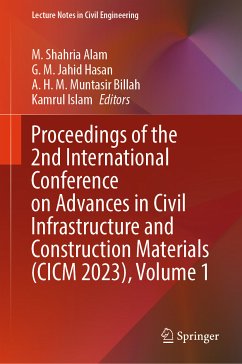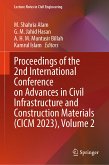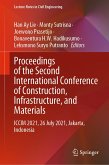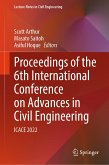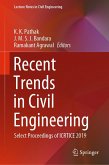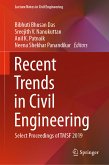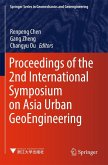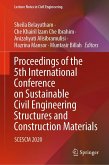This book presents select proceedings of the International Conference on Advances in Civil Infrastructure and Construction Materials (CICM) and provides a compendium of cutting-edge research and innovative solutions in civil engineering from around the world. This book covers a diverse range of topics from seismic resilience and smart infrastructure technologies to novel construction materials and sustainable design practices. The papers discuss the application of shape memory alloys and innovative bracing systems designed for enhanced seismic resilience; delve into advancements in low-calcium fly ash, geopolymer binders, and sustainable mix designs that promise lower environmental impacts; provide insights into the latest in structural health monitoring and AI applications that revolutionize maintenance and safety protocols; showcase the use of recycled materials in construction, advancements in low-carbon cementitious composites, and innovative waste treatment technologies; review detailed studies on the behavior of composite structures under various loads and the application of machine learning in predicting structural integrity; and show how civil engineering practices impact urban development, from transportation planning to disaster resilience. The information and data-driven inferences compiled in this book are therefore expected to be useful for practitioners, policymakers, educators, researchers, and individual learners interested in civil engineering and allied fields.
Dieser Download kann aus rechtlichen Gründen nur mit Rechnungsadresse in A, B, BG, CY, CZ, D, DK, EW, E, FIN, F, GR, HR, H, IRL, I, LT, L, LR, M, NL, PL, P, R, S, SLO, SK ausgeliefert werden.

